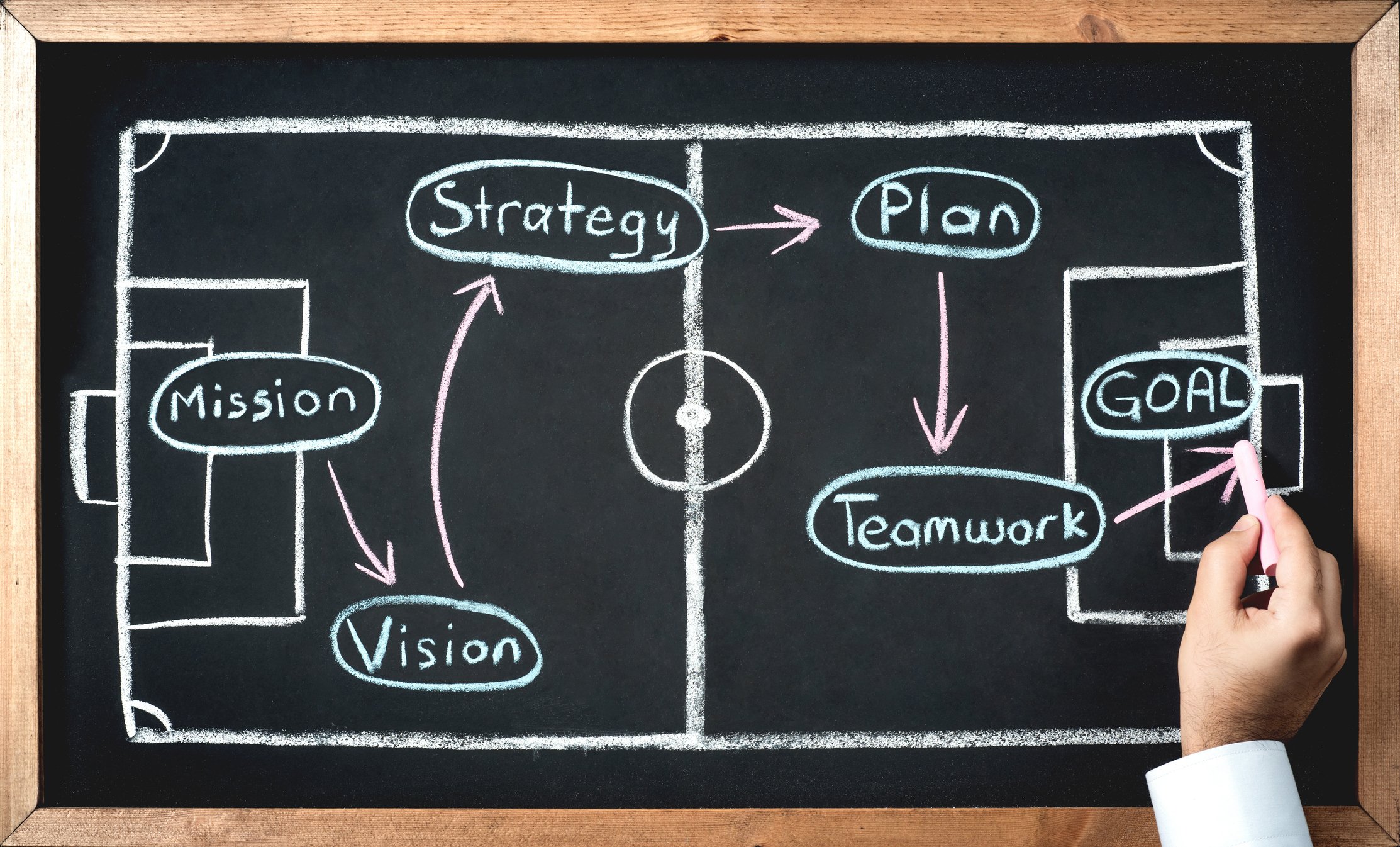“The course changed my career path,” says Navi’s co-founder Alex Newton, who studied aerospace engineering and worked in the field for a decade before enrolling in the MBA. “There was a moment on the course of thinking, ‘This is what I was looking for’ when I met some of the most amazing people – my future co-founders.”
Navi is one of a growing number of medtech success stories in Australia. According to the Medical Technology Association of Australia, the sector has an annual gross revenue of $11.4 billion. However, the potential for high returns makes it a notoriously competitive industry and challenging for start-ups due to regulatory hurdles.
The Neonav device uses a non-invasive electrocardiogram to check whether a catheter is placed correctly to deliver effectively essential medication and nutrition to babies and children. Clinicians conventionally rely on X-rays, a more costly method that can result in delayed treatment and greater risk.
A distinctive approach
Melbourne Business School’s biodesign course brings together five to six teams, each with three master of engineering students and three MBA students, over nine months. Teams interview clinicians at local Melbourne hospitals, discovering their biggest challenges. They then explore and develop solutions, create prototypes and commercialisation strategies.
One of Newton’s most important mentors was Associate Professor Kwanghui Lim, co-founder of the Biodesign Innovation course and associate dean of teaching and learning at Melbourne Business School. Lim says the school’s approach sets it apart from other programs.
Melbourne Business School’s Associate Professor Kwanghui Lim, who co-designed the Biodesign Innovation course.
“We are not purely hands-on or an apprenticeship model, and we are not only an accelerator or an incubator,” he says. “We are first and foremost a business school. We take an academic approach that complements all the industry participation, with structure, frameworks and lessons learned, so teams are not just building from scratch.”
The course includes a key role for alumni, who provide feedback and challenge teams and who include angel investors and others who work in the regulatory and product testing sectors. Students also learn to use artificial intelligence (AI) tools, such as All Day TA and Sluice AI, to assist innovation and prototyping.
Over nearly 20 years at the school, Lim has taught many other components of the MBA, including the strategy course and the Innovation Bootcamp, a compressed five-day concept-to-commercialisation course which immerses students in entrepreneurship.
Another graduate of the university’s MBA in 2024, Dr John Nguyen, heads the medtech start-up Sano Technologies, which created a device that helps people with lymphedema, a condition caused by a damaged lymphatic system that leads to swollen limbs. Often, this condition develops during cancer treatment.
“When we interviewed clinicians, they said they faced a hard time identifying where this fluid build-up is,” Nguyen says. “That’s a problem because then the treatment process becomes very long and manual.”
MBA course as catalyst
The Sano Technologies team created a platform that uses advanced image processing algorithms to transform raw sensor data into detailed, high-resolution maps of body tissue content. This helps clinicians visualise the body and identify pockets of fluid build-up.
The company plans to complete pilot studies in Australian hospitals and has partnered with academics at Flinders University in Adelaide.
“We intend to launch in the US first, get expedited FDA approval and then come back to Australia and go through the TGA [Therapeutic Goods Administration],” Nguyen says. “That’s a popular route because it means that we can go to market much quicker.”
The company has already received several awards, including the Start Space Future Founders award, the Telstra Impact and Excellence Award and two Stephen Ho Innovation grants. These awards helped fund early-stage development, and the founders are now planning to raise capital to propel their company into the next phase of commercialisation.
Just like the Navi team, Nguyen says Melbourne Business School’s biodesign course was the company’s catalyst.
“Most programs last 10 weeks,” he says. “Ours ran for nine months. That extended time helped our team bond quickly and deeply. We became obsessed with solving the problem we’d identified. What began in a classroom has turned into a company that will change lives.”
For more information, click here.

